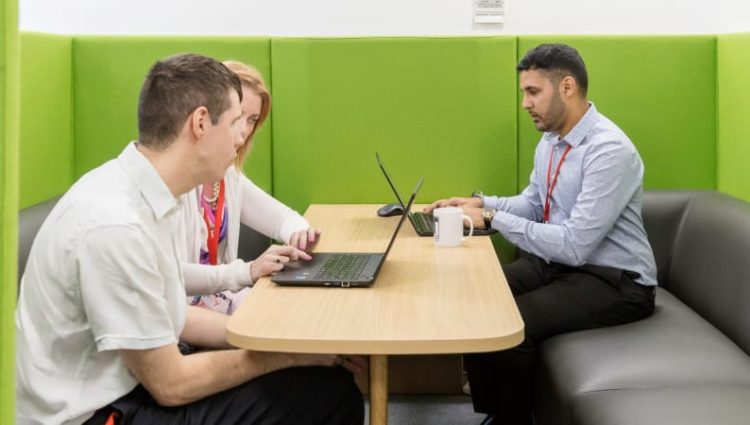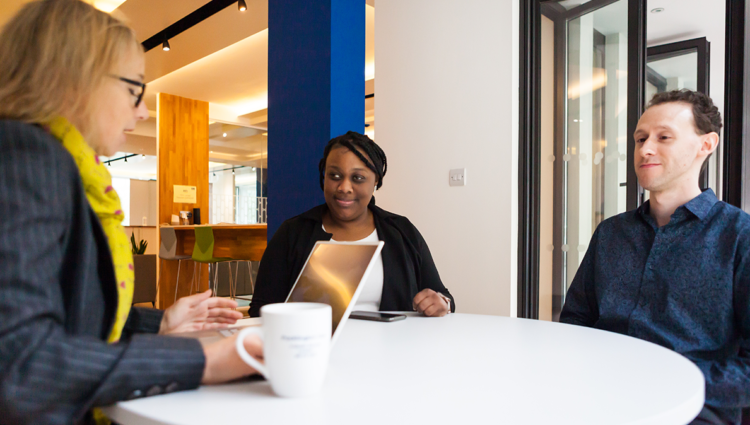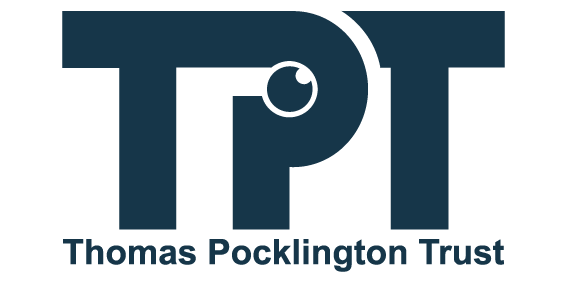In Summer 2024, the House of Lords launched an inquiry into the experiences of young disabled people transitioning from education into work. We commend the House of Lords for their work exploring this important topic. The November 2024 report, Think Work First, provides the conclusions of the inquiry alongside recommendations for government.
We believe the report provides a relatable account of the experiences faced by blind and partially sighted young people when entering into employment.
The report finds that:
‘Young disabled people face considerable challenges in their transition from education to employment. At every stage of their journey, they face bureaucratic obstacles, discrimination, and a lack of understanding as they navigate a world that is designed for non-disabled people.’ Think Work First: The transition from education to work for young disabled people
We were pleased to support the inquiry, with a written response and by helping to coordinate a focus group of blind and partially sighted young people who met with the inquiry team.
Our Concerns
For blind and partially sighted young people, we know that they are met with persistent barriers to work, including:
- Limited opportunities to access work experience.
- An overstretched specialist Vision Impairment workforce.
- Workplace discrimination, through negative attitudes and cultures.
- Low awareness amongst blind and partially sighted people, their parents/carers and professionals, about the education and employment schemes available to support them.
- Inaccessible job application processes.
- A lack of funding to supply assistive technology for work experience.
Something’s got to change! We support the inquiries recommendations for government and believe that the recommended changes would improve experiences and opportunities for blind and partially sighted people.
What We Believe
We support the inquiries call for government to take action.
It all starts with education
For blind and partially sighted people this action must include change to improve careers education and employment support, including:
- Careers advice that works: It should be guaranteed that all blind and partially sighted students have access to targeted, specialist careers advice that considers their disability. We endorse the report’s recommendations towards vocational profiling and mandatory Special Education Needs (SEN) training for Careers Advisers.
- Supported Internships: We support the expansion of tailored, hands-on internship opportunities through government advocacy and partnerships. Steps should continue to widen eligibility for supported internships beyond those with Education, Health and Care Plans (EHCPs).
- Work experience: All young people should have access to work experience and we support recommendations towards a two week work experience guarantee. This must ensure that all young disabled people are given equal access to work experience.
- Post-16 qualification reform: There is unequal access to post-16 and some qualifications pathways are not as accessible as others. We support calls to cease the standing down of BTEC qualifications until there has been a full and proper evaluation of the impact of the introduction of T Levels on disabled students, including low incidence disabilities such as vision impairment.
- Accessible employment support: Employment support services such as Jobcentre Plus and National Career Service facilities should be made fully accessible for disabled people, including for those who require reasonable adjustments or assistive technology to search for work.
- Access to Work Program: We endorse calls to Increase awareness of the programme and to simplifying access to this essential support program for workplace adjustments.
- Disability Confident Scheme: The scheme needs to be strengthened, and the focus should shift to achieving measurable employment outcomes for young disabled people.
- Incentivising Employers: Employers should be encouraged to embrace inclusivity through awareness campaigns and support systems to recruit and retain disabled talent.
The Government has been asked to respond to the report’s recommendations in early December 2024. We’ll be following this closely and working to ensure that blind and partially sighted peoples experiences are taken into account.
Further Information
For more information please visit our education webpages, or contact us at EducationPolicy@pocklington.org.uk







